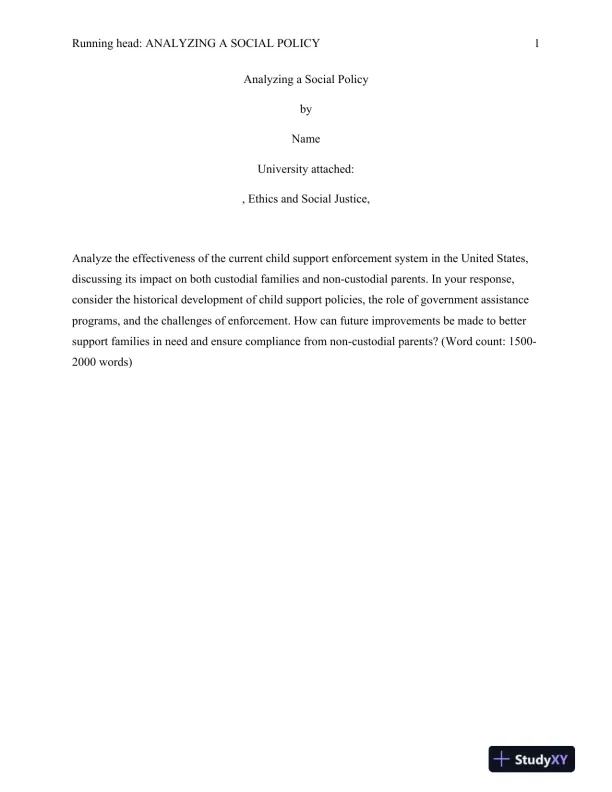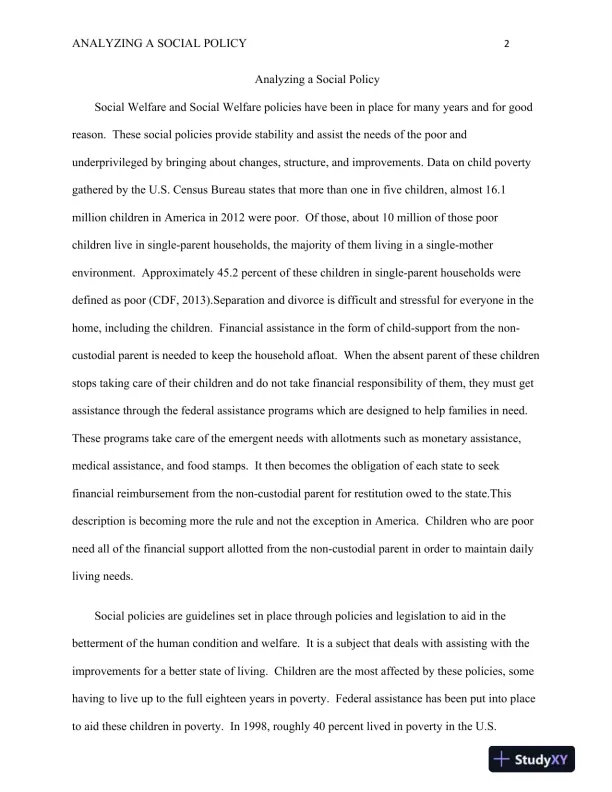Page 1

Loading page image...
Page 2

Loading page image...
Page 3

Loading page image...
A critical review of social policy in the context of ethics and social justice.
Loading page image...
Loading page image...
Loading page image...
This document has 8 pages. Sign in to access the full document!